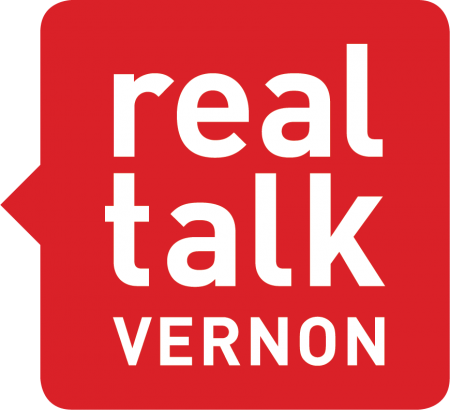- Set Rules About Substance Use. Establish clear rules with your child regarding drinking alcohol and drug use. If you have not discussed these rules your child may believe that there are no rules about them or that it is acceptable.
- Monitor the Alcohol in Your Home. One way teens access alcohol is in their own home. If you have alcohol in your home, keep track of it. Be clear with your child that the alcohol in your home is off limits and discourage any gatherings or parties when you are not home.
- Connect with Parents. Get to know the parents of your child’s friends. Becoming friendly with other adults establishes a basis to call and check in if your child is at a gathering in that home. Many parents share the common goal of keeping children safe and substance free.
- Set a Positive Example. You are an important role model for your children. Be mindful of the ways you portray drinking alcohol to your child. Some examples include:
- Drink in moderation
- Don’t portray alcohol as a way to solve problems by saying things like, “Today was a hard day at work, I need a drink.”
- Don’t tell your children stories that portray drinking as funny or glamorous
- Encourage Healthy Alternatives. Some teens turn to substances when they think there is nothing else to do to have fun. Encouraging your child to get involved in after school activities, doing something fun together on the weekend, or helping them plan something with a friend can occupy their time and decrease their desire to underage drink or use substances.
Information provided by U.S. Department of Health and Human Services, National Institute on Alcohol Abuse and Alcoholism, and Substance Abuse and Mental Health Services Administration



